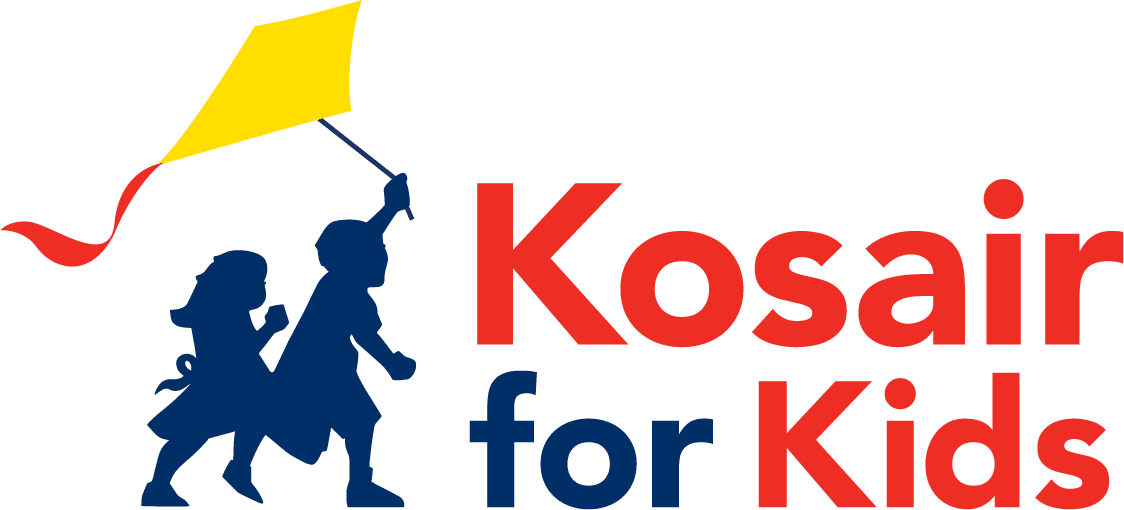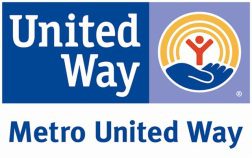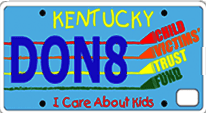Child Advocacy Centers
Turning hurt into hope
Nationally recognized, locally treasured.
When a child is reported to be a victim of abuse, neglect or maltreatment, the child and a non-offending caregiver are referred to the Kosair Charities Child Advocacy Center (CAC) by child protective services or a law enforcement agency. The CAC is a nationally-recognized model as our staff are co-located with LMPD’s Office of Sexual and Physical Investigation, child protective services, prosecutors, medical experts, and mental health clinicians.
Types of Abuse / Maltreatment
-
Physical abuse
-
Physical abuse occurs when an adult inflicts physical harm or engages in actions that create a high risk of harm. It is not how bad the mark or injury is, but rather the act itself. Some examples of physical abuse are shaking, dropping, hitting, biting, shoving, choking, restraining, poisoning, or throwing items.
-
Emotional abuse
-
Emotional abuse occurs when an adult inflicts emotional harm through the use of words or actions. Some examples of emotional abuse are yelling or screaming, humiliating, blaming, isolating, terrorizing with threats, name calling, insulting, and making unreasonable expectations or demands.
-
Sexual abuse
-
Sexual abuse is any action done for the sexual gratification of an adult or a significantly older child. Some examples of sexual abuse are intercourse, molestation (which is genital contact without intercourse), exposure of genitals, showing sexually explicit material, and forcing a child to participate in a sex act as in the case of sex trafficking.
-
Physical neglect
-
Physical neglect occurs when a caregiver is unwilling to provide adequate food, clothing, shelter, medical care, supervision, or protection from harm.
-
Emotional neglect
-
Emotional neglect occurs when a caregiver is unwilling to notice or respond adequately to their child’s emotional needs for love, attention, closeness, and emotional support.




-
The Process
One of our child advocates meets the family as soon as they arrive and takes them to a private room. The rooms — open, bright, and decorated with work from local textile artists — serve as a family’s private waiting area for the entire appointment. Here the family advocate will go through the plan for the appointment and answer any questions. Appointments take as long as the child and their family need.
-
Each room has a dedicated play area to entertain and help children and siblings relax. A smaller private room allows adults to talk candidly while still having the children within sight.
The family room is often where the family meets our wonderful facility dog, Emmie. A gentle four-year-old goldendoodle, Emmie has received specialized training to comfort children and their families during appointments and court appearances. She’s patient, loving, and helps children open up about such difficult topics like sexual abuse.
-
Medical exam
A medical exam is critical in legal cases because it can help substantiate abuse. The non-invasive exam is done by a specially trained physician. This child abuse pediatrician uses a piece of equipment called a colposcope, which is essentially a high-resolution camera that allows the doctor to take images without retraumatizing the child. During the exam, the child has a blanket and can choose a stuffed animal for comfort.
-
The medical suite is also equipped with a lab so caregivers can receive complete results from the child’s blood work. Our goal is to give the family a full picture of the child’s health and any action that needs to be taken.
In addition to the medical exam, this is often the first time that children are told by a trusted doctor that they are going to be ok. This compassionate care is invaluable for a child’s healing process.
-
Forensic interview
As important as physical examinations are the forensic interviews we conduct at the CAC. These are structured conversations designed to elicit information about what a child may have experienced or witnessed, like sexual or physical abuse.
Our highly trained interviewers and staff have no details of the investigation, ensuring that only non-leading questions are asked, and that the child is allowed to tell her story organically. We will ask about the child’s day. Sometimes we’ll ask the child to draw or construct what may have happened to them. The interviews can sometimes take several hours, but it’s critical that they’re done perfectly so that they’ll hold up as evidence in court.
-
During the interview, representatives of law enforcement and child protective services are observing. Thanks to our high-tech equipment, they can even zoom in on a child for closer observation. If an interview is recorded, the recordings are kept on file forever because, sadly, cases can last for years, even decades.
Our priority is always the child. We make certain that a child has to tell their story one time — and one time only — so they can begin the recovery process as soon as possible.




In partnership
Family & Children’s Place and the Child Advocacy Center is funded in whole or in part from Federal, Cabinet for Health and Family Services, and other funds.







